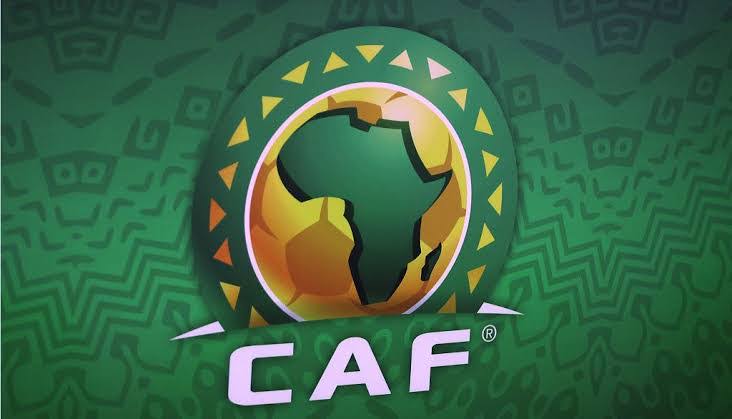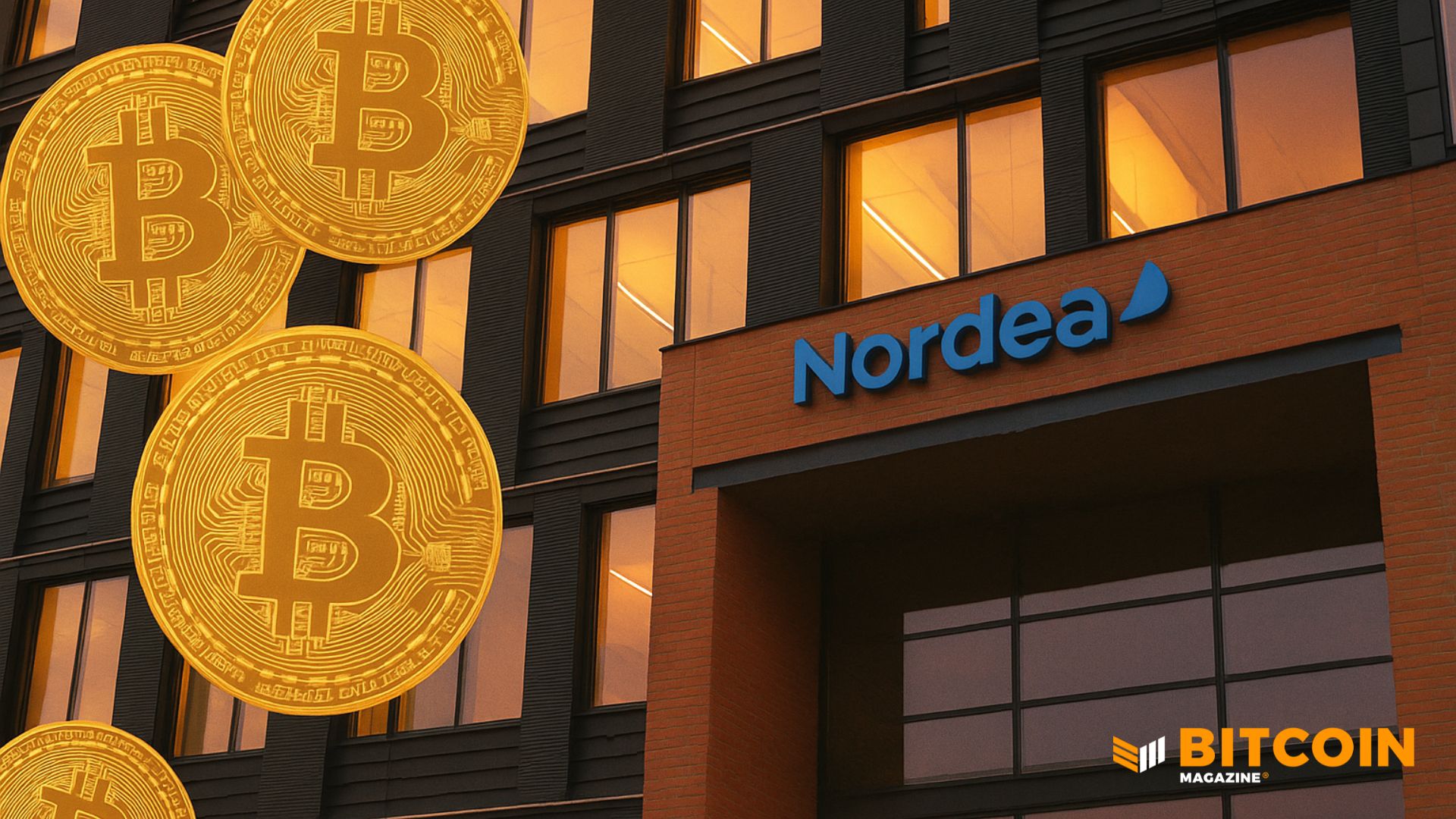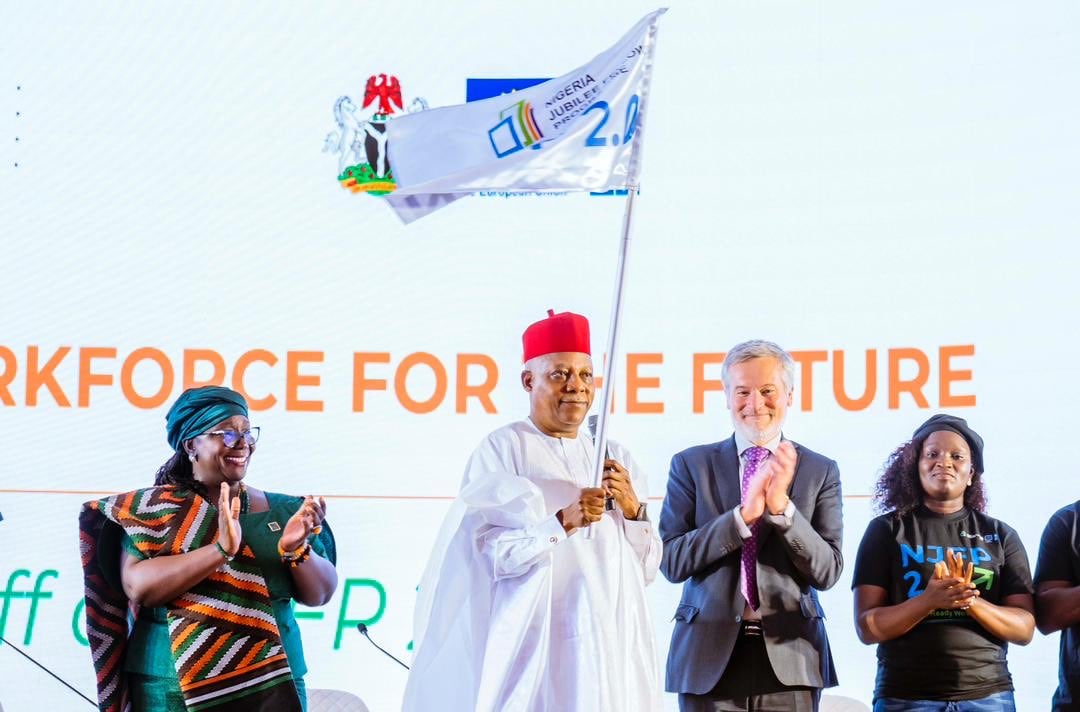Dutch Election Shakes Up Politics: Rob Jetten Poised to Become First Openly Gay Prime Minister

The Netherlands has witnessed a political upheaval of historic proportions. Rob Jetten, one of the country’s youngest ministers, has led his socially liberal Democrats 66 (D66) party from fifth place to a projected first-place finish, marking a dramatic turnaround less than two years after a dismal campaign in 2023. At just 38 years old, Jetten now stands on the brink of becoming the Netherlands’ first openly gay prime minister, a milestone watched closely across Europe amid rising polarization and the far-right’s influence.
Jetten’s political resurgence was powered by a sharp, upbeat campaign that contrasted starkly with the fiery rhetoric of his populist opponent, Geert Wilders. With his signature slogan, “Het kan wel” (“Yes, we can”)—a nod to Barack Obama’s optimism—Jetten projected a message of unity and renewal. His extensive media presence, warm demeanor, and positive tone resonated deeply with voters weary of division and stagnation.
Crucially, D66 avoided the political fallout from the collapse of Wilders’ short-lived coalition government earlier this year, distancing itself from the infighting that soured voter confidence in the right. This strategic detachment allowed Jetten to position his party as a fresh and stable alternative, ready to “turn the page” on what he called the “politics of hate and negativity.”
Exit polls from Ipsos projected D66 to secure 27 of 150 seats in parliament—just ahead of Wilders’ far-right Freedom Party (PVV), which is expected to take 25 seats, and the center-right VVD party with 23. The Green/Labour alliance followed with 20 seats, while Wilders’ PVV faces a significant loss of 12 seats compared to its strong showing in 2023.
Jetten’s rise has not been without obstacles. Once mocked as “Robot Jetten” for his stilted early performances, he endured a steep learning curve during his tenure as climate minister under former Prime Minister Mark Rutte. But his reinvention—marked by humility, humor, and discipline—has transformed him into a relatable and dynamic figure.
A self-described “politics nerd” from Brabant, Jetten came out at a young age and is engaged to Argentine hockey player Nicolás Keenan. While he seldom foregrounds his sexuality in his political identity, he has used his platform to promote inclusion, previously highlighting homophobia during the International Day Against Homophobia.
The Dutch vote unfolded against a backdrop of housing shortages, migration debates, and economic frustration. Jetten has pledged pragmatic reforms, including an ambitious plan to build 10 new cities to tackle the country’s 400,000-home shortfall. On migration, he advocates for balanced policies that maintain humanitarian commitments while improving border management.
Political analysts note similarities between Jetten and Rutte—both pragmatic, tireless, and media-savvy—but say Jetten must cultivate Rutte’s famed “Teflon” resilience to sustain his momentum through coalition negotiations. With no party securing a majority, coalition talks are inevitable and could take weeks or even months.
For Europe, the stakes are high. The Netherlands remains a key voice within the Eurozone and EU policy circles, and observers stress that a stable, active Dutch government is essential to shaping Europe’s economic, defense, and trade future.
As Dutch voters cast their ballots in settings as quintessential as windmills, churches, zoos, and even the Anne Frank House, the election reflected not just a choice between candidates—but a generational shift in the country’s political direction.
“Millions of Dutch people have turned the page today,” Jetten declared in his victory speech. “They have said goodbye to the politics of division—and chosen hope.”
With optimism, discipline, and a message rooted in unity, Rob Jetten’s rise may well redefine what Dutch—and European—liberal leadership looks like in a new political era.
You may also like...
Nigerian Star Michelle Alozie Reacts to Historic FIFPRO XI Nomination
)
Super Falcons defender Michelle Alozie has called her nomination to the 2025 FIFPRO Women's World XI shortlist "insane,"...
FIFA World Cup 2026 Playoffs: CAF Unleashes Key Dates and Venues

The Confederation of African Football (CAF) has announced the dates and venues for the 2026 FIFA World Cup playoffs, set...
Hulu Revives Iconic Animated Series 'King of the Hill' for Two More Seasons, Fans Rejoice!

Hulu's revival of "King of the Hill" has been renewed for two more seasons, extending its run to season 17 after a criti...
Billboard Summit Shocker: Usher & Rauw Alejandro to Headline Music’s Future Forum!

The Billboard Live Music Summit & Awards returns to Los Angeles on November 3, honoring Usher as Touring Artist of the Y...
Metal Titans Unleash Final Album: Megadeth Reveals Tracklist Featuring Metallica Collab!

Legendary heavy metal band Megadeth is preparing to release its final self-titled album on January 23, featuring a speci...
Scream 7 Trailer Sparks Outrage & Homage Amidst Boycott Calls

The Scream 7 trailer has debuted, revealing a touching tribute with Sydney Prescott naming her daughter Tatum, after a b...
Kendall Jenner Breaks Silence: Reveals 'Completely Different Views' with Caitlyn

Kendall Jenner revealed the complicated yet loving nature of her relationship with father Caitlyn Jenner on The Kardashi...
Ciara's Lagos Extravaganza: Fashion Week Glamour & Birthday Fun

International superstar Ciara has arrived in Lagos, Nigeria, celebrating her 40th birthday and immersing herself in the ...




